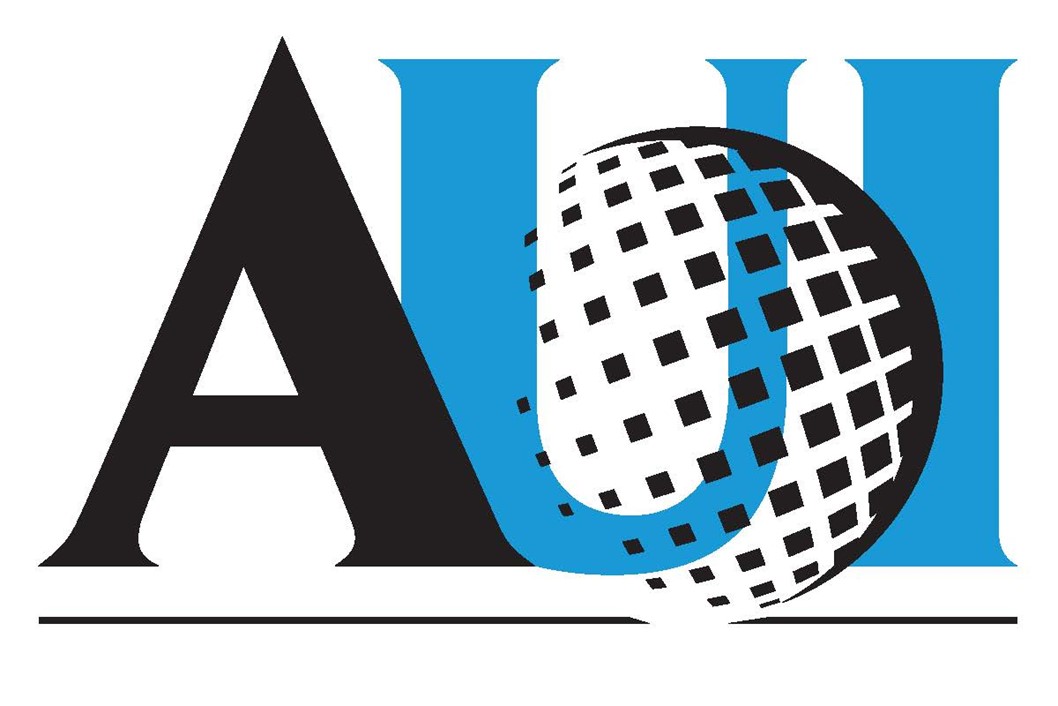A team of astronomers has made a surprising discovery using the U.S. National Science Foundation Green Bank Telescope (NSF GBT): eleven fast-moving clouds of cold, neutral hydrogen gas—akin to “ice cubes”—surviving deep inside the Fermi Bubbles.
Recent News
ALMA Reveals Stunning Details of Infant Galaxies in the Early Universe
The [CII] Resolved ISM in STar-forming galaxies with ALMA (CRISTAL survey) peered back to when the Universe was only about one billion years old – a mere toddler in cosmic terms. These observations are helping scientists understand how galaxies formed and evolved from primordial gas clouds into the organized structures we see today.
NSF NRAO Leads Critical Spectrum Studies to Safeguard Radio Astronomy
The U.S. National Science Foundation National Radio Astronomy Observatory (NSF NRAO) has received funding to expand its study of an invisible—and crucial—scientific and technological resource: the radio spectrum.
New Presidential Award for STEM Mentors
THIS SOLICITATION IS FOR AN HONORARY AWARDS PROGRAM
Within this solicitation, the word “proposal”, “proposer”, “application”, or “applicant” may be used in place of the word “nomination” or “nominator”. The Presidential Awards for Excellence in Science, Mathematics and Engineering Mentoring (PAESMEM) accepts nominations in lieu of proposals or applications. PAESMEM is a honorific awards program and is exempt from NSF merit review criteria. See review criteria for nominations in Section VI of the solicitation.
Any U. S. citizen or permanent resident who has done exemplary, measurable mentoring over a sustained 5 year period is eligible for nomination, including federal employees (with some exceptions), military employees or organizations and individuals and organizations in the private sector with outstanding mentoring programs and activities.
PAESMEM recognizes individuals for their mentoring of persons from underrepresented racial and ethnic groups, women, persons with disabilities, and persons from disadvantaged socioeconomic backgrounds. Historically underrepresented racial and ethnic groups in science, technology, engineering and mathematics (STEM) fields include African-Americans, Hispanic Americans, Native Americans, Pacific Islanders, Native Hawaiians, and Alaska Natives. Students, teachers, *early career scientists, engineers and/or other STEM/STEM-related professionals are eligible mentees.
Former recipients of the “individual” PAESMEM award are not eligible for re-nomination. Former recipients of the “Organizational” PAESMEM award may be re-nominated 10 years or more after receiving an award. Both individuals and organizations may self-nominate.
Organizational nominees must demonstrate rigorous evaluation and assessment over the course of the 5 year period of sustained mentoring activities.
Award recipients will receive cash awards (individuals) or grants (organizational) in the amount of $10,000 from the National Science Foundation (NSF) as part of the award recognition.
Instructions to Nominators: NSF recommends that you communicate directly with the individual or organization about your interest in nominating them for the award. You may also volunteer to write one of the required letters of support if the individual or organization choose to submit nomination materials. Nominators may also send contact information for the potential nominee to [email protected] on or before May 1, 2015. NSF will send the potential nominee information about the program and encourage the individual or organization to submit a nomination. Nominators may be listed on the nomination cover page in the Co-Principal Investigator(s) section. Biographical sketches for the nominee and up to four nominators/organizational representatives may be included in the nomination package. If nominators are listed on the cover page, inclusion of the biographical sketch is required.
Informational webinars, including “Ask An Awardee” sessions will be held monthly beginning April 2015. The 2015 webinar schedule will be available on NSF’s PAESMEM homepage and available on the PAESMEM.net website. Webinar registration will begin in late March 2015. Nominees and nominators may register for a webinar at https://nsfwebex.com beginning March 23, 2015.
For Technical Assistance, please contact the FastLane HelpDesk during the hours of 6:00 A. M. EST to 9:00 P. M. EST. Telephone: 1-800-673-6188, option 5; email: [email protected]. Grants.gov users may call 1-800-518-4726; email: [email protected].
*Early career scientists, technicians, mathematicians, engineers and STEM/STEM-related professionals include the following categories: post-associate, post-baccalaureate, post-masters, post-doctoral, new STEM faculty, new STEM K-12 teachers (both pre- and in-service), in the public and private sectors. Nominations should clearly identify the early career professional mentored.
IMPORTANT INFORMATION ABOUT AUTOMATED PROPOSAL COMPLIANCE CHECKING
Fastlane will check for required sections of the nomination, in accordance with Grant Proposal Guide (GPG) instructions described in Chapter II.C.2 for NSF proposals. The GPG requires submission of: Project Summary; Project Description; References Cited; Biographical Sketch(es); Budget; Budget Justification; Current and Pending Support; Facilities, Equipment & Other Resources; Data Management Plan; and Postdoctoral Mentoring Plan, if applicable. If a required section is missing, FastLane will not accept the nomination. Although these sections should not be left blank in nominations submitted for the PAESMEM award, some do not need to be completed at the same level as in NSF proposals. Additional information and guidance is contained in Section V.A. of this solicitation under “Proposal Preparation”.
For complete information, visit the official posting on the NSF website.
Recent News
Galactic Mystery: How “Ice Cubes” Survive in the Milky Way’s Blazing Bubbles
A team of astronomers has made a surprising discovery using the U.S. National Science Foundation Green Bank Telescope (NSF GBT): eleven fast-moving clouds of cold, neutral hydrogen gas—akin to “ice cubes”—surviving deep inside the Fermi Bubbles.
ALMA Reveals Stunning Details of Infant Galaxies in the Early Universe
The [CII] Resolved ISM in STar-forming galaxies with ALMA (CRISTAL survey) peered back to when the Universe was only about one billion years old – a mere toddler in cosmic terms. These observations are helping scientists understand how galaxies formed and evolved from primordial gas clouds into the organized structures we see today.
NSF NRAO Leads Critical Spectrum Studies to Safeguard Radio Astronomy
The U.S. National Science Foundation National Radio Astronomy Observatory (NSF NRAO) has received funding to expand its study of an invisible—and crucial—scientific and technological resource: the radio spectrum.
